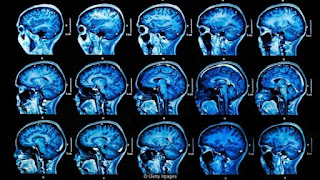Progressive Supranuclear Palsy
PSP is a rare progressive movement disorder, sometimes known as Steele-Richardson-Olszewski syndrome. It affects many areas of the brain and people typically have symptoms similar to those of Parkinson's disease. As with Parkinson's disease, there may be a tremor (involuntary shaking of the body and limbs), but this is much less prominent in PSP. The specific parts of the brain that are damaged include the regions that control eye movements and those that keep a person steady when they are walking, resulting in frequent falls. The cause of the damage that occurs in PSP is unknown, but is linked to abnormal deposits of a protein called tau.
Symptoms
PSP mainly occurs in people over the age of 60, although it occasionally affects younger people. One striking symptom is paralysis of eye movements and problems with double vision. Other symptoms include stiff or slow movements, difficulties walking and speaking, swallowing problems and personality changes.
Treatment
Although the person may also have problems with their speed of thinking and memory, they will remain aware of what is going on around them. In most cases, the person is more likely to be described as 'experiencing cognitive difficulties' rather than 'having dementia'. However, a small proportion of people with frontotemporal dementia also develop PSP as an 'overlapping' condition. There is no cure for PSP but there are medications available to help control some symptoms.




Comments
Post a Comment